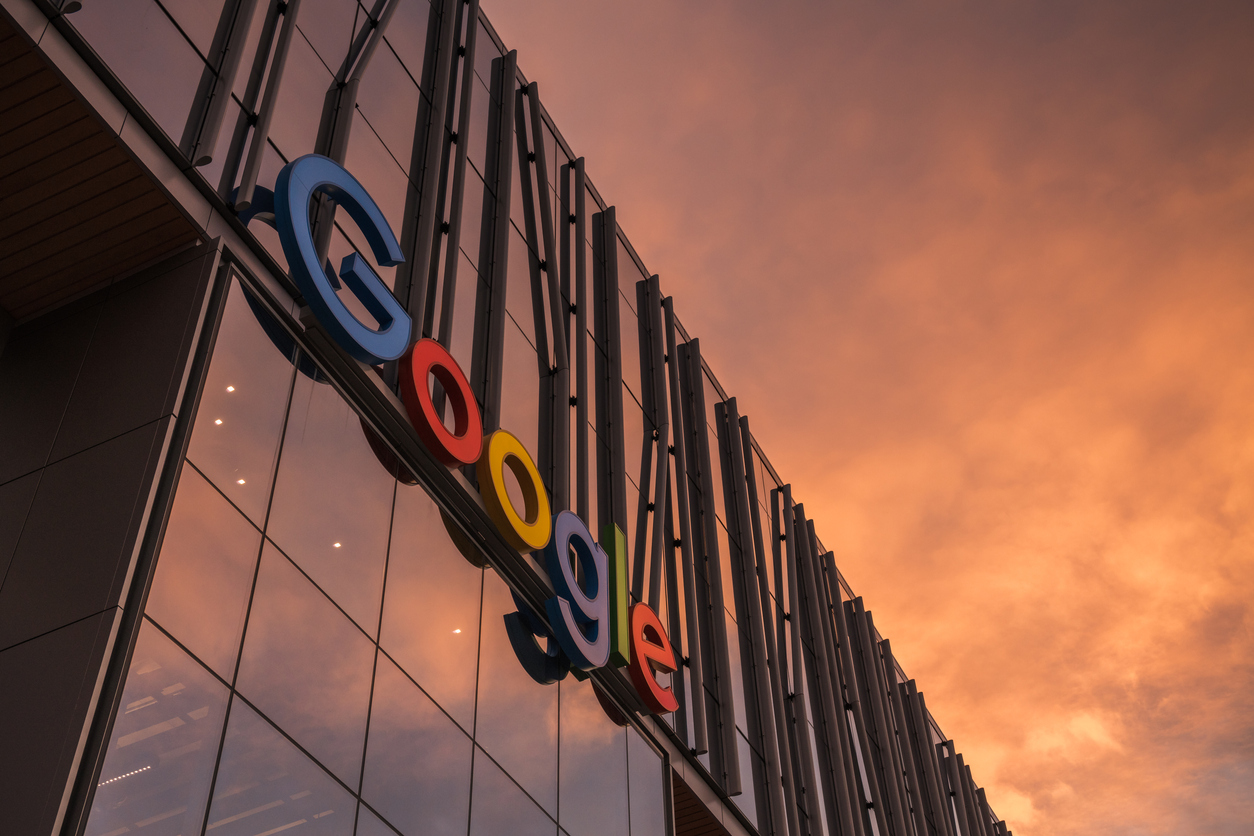38 States, led by Colorado and Nebraska, file a civil antitrust lawsuit against Google for monopolizing internet search and search advertising.
Timeline on Monopoly Lawsuit Regarding Search and Search Advertising Market
A coalition of 38 states, led by Colorado and Nebraska, filed an antitrust lawsuit in December 2020 against Google for monopolizing internet search and search-related advertising services. The lawsuit has been consolidated with a similar one filed against Google by the U.S. Department of Justice in D.C. federal court. The States argue that Google has built and maintained search and search advertising monopolies by illegal anticompetitive behavior.
Like the Justice Department’s case, the States allege that Google prevents consumers from using search competitors through “exclusionary agreements” that also deny competitors access to search distribution. In these agreements, the States say, Google makes billion-dollar payoffs to device manufacturers that force its search engine to be the default on most mobile devices. The suit also alleges Google locks other search engines out of distribution by working with device manufacturers and internet browsers to favor its own search engine on their platforms, denying crucial market access to Google’s search challengers.
However, the States expand upon the Justice Department’s claims. They allege that Google also prevents consumers from reaching its search competitors via other internet-connected devices like smart speakers and cars. The suit also alleges that Google restricts the interoperability of its dominant search advertising tool – which it pledges to be “neutral” – to hurt competitors. Furthermore, the States allege that Google discriminates against “specialized vertical providers” – third party companies such as Expedia or Yelp that compete with Google to help customers find everything from plumbers to flights or restaurants.
In the suit, the States are asking the Court for structural relief to cure anticompetitive harm and restore competition to affected markets – including possibly forcing Google to spin off parts of its business.
